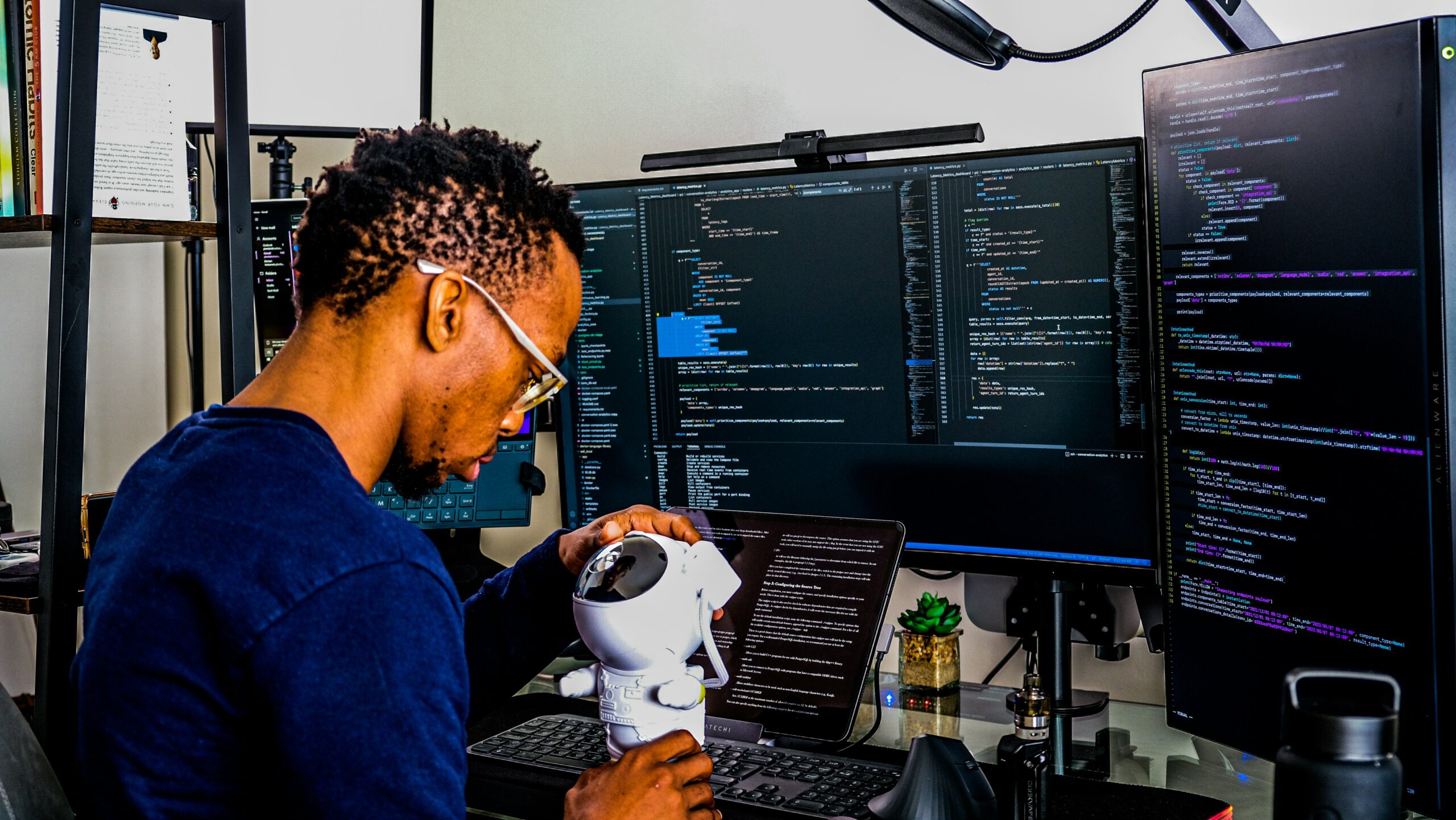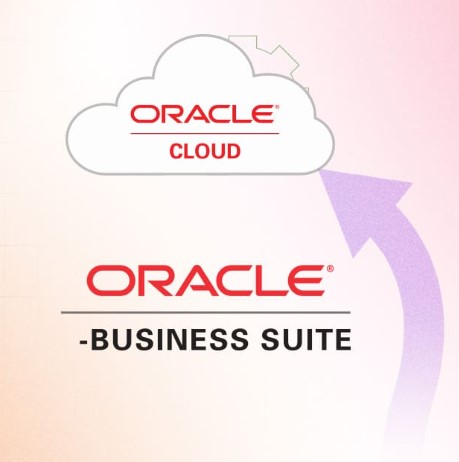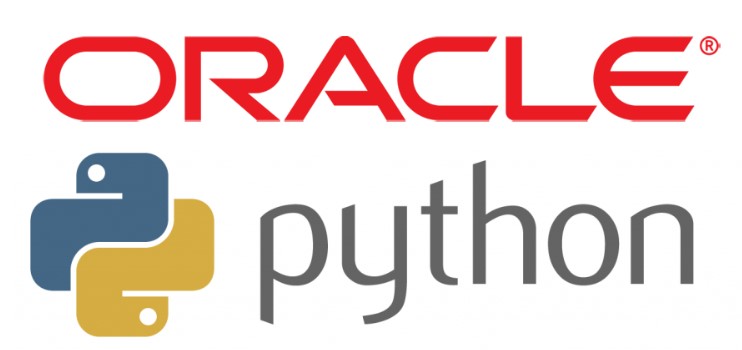Reading Time: 6–7 minutes
In today’s fast-paced manufacturing world, traditional ERP systems are evolving. Smart manufacturing, powered by the Internet of Things (IoT) and Blockchain, demands real-time data, automation, and security like never before. Businesses that want to stay competitive must rethink how their ERP systems support these emerging technologies.
This article explores how integrating IoT and Blockchain into ERP systems is transforming the manufacturing industry by enhancing operational efficiency, transparency, and traceability. Whether you’re a business owner or an IT professional exploring ERP software for 2025, now is the time to understand this technological shift.
Why ERP Is the Core of Smart Manufacturing
Enterprise Resource Planning (ERP) systems are the digital backbone of modern organizations. They connect departments, automate workflows, and unify data for informed decision-making. In smart manufacturing, ERP does even more:
- Synchronizes operations from factory floor to supply chain
- Enables real-time monitoring of assets
- Tracks raw materials to finished products
By combining ERP with IoT and Blockchain, businesses gain end-to-end visibility and control that wasn’t possible before.
IoT and ERP: Real-Time Operational Intelligence
IoT sensors are revolutionizing the way manufacturers monitor their production processes. Connected devices send real-time data on:
- Equipment performance
- Inventory levels
- Environmental conditions
- Machine usage patterns
When ERP systems ingest this data, they can automatically:
- Trigger maintenance requests before a machine breaks down
- Optimize stock levels based on live inventory feeds
- Predict supply chain disruptions
- Adjust production schedules dynamically
This kind of proactive management leads to fewer delays, lower costs, and more agile operations.
Use Case Example: A manufacturing company uses IoT sensors on its assembly line to detect overheating in machinery. The ERP system receives the signal and schedules preventive maintenance before any failure occurs—saving thousands in downtime.
Blockchain and ERP: Trusted Data, Smarter Decisions
Blockchain brings a new level of trust and transparency to ERP systems by creating a decentralized, tamper-proof record of transactions. Here’s how this helps smart manufacturing:
- Provenance Tracking: Follow materials from origin to delivery
- Smart Contracts: Automate vendor payments when delivery conditions are met
- Auditability: Simplify compliance with real-time verification
By integrating Blockchain, ERP systems gain secure, immutable logs that ensure the data you act on is accurate and verifiable.
Use Case Example: A food processing company tracks the source of its ingredients through a Blockchain-integrated ERP. If contamination is found, the business can trace it instantly, isolate affected products, and avoid a full recall.
Key Benefits of AI-Enhanced ERP for Smart Manufacturing
By layering AI in ERP, IoT, and Blockchain together, manufacturers unlock:
- Predictive Analytics: Anticipate demand and adjust production
- Automated Decision-Making: Cut down on manual errors
- Improved Supply Chain Agility: React to disruptions in real time
- Enhanced Cybersecurity: Blockchain reduces fraud and tampering
This trifecta of technologies gives manufacturers the tools to become smarter, faster, and more competitive in an evolving market.
Best ERP Tools That Support IoT and Blockchain
Looking to upgrade your ERP for smart manufacturing? Here are some top platforms embracing these technologies:
- Oracle Cloud ERP – Offers AI tools for business automation, IoT integration, and Blockchain modules. [Affiliate Link]
- SAP S/4HANA – Known for advanced analytics, real-time IoT data ingestion, and Blockchain support for supply chains. [Affiliate Link]
- IFS Cloud – Focused on industries like manufacturing, IFS enables IoT device integration and asset tracking. [Affiliate Link]
- Microsoft Dynamics 365 – Combines ERP, AI, and IoT for connected operations. Strong integration with Azure Blockchain. [Affiliate Link]
Make sure the ERP system you choose supports modular upgrades so you can start small and scale up as your smart factory matures.
Final Thoughts
Smart manufacturing isn’t just a trend—it’s the future of how products are made. ERP systems that integrate IoT, Blockchain, and AI are empowering businesses to work smarter, faster, and with greater transparency.
If you’re still relying on legacy ERP systems, now is the time to upgrade. These cutting-edge technologies are no longer optional—they’re essential for staying ahead in 2025 and beyond.



